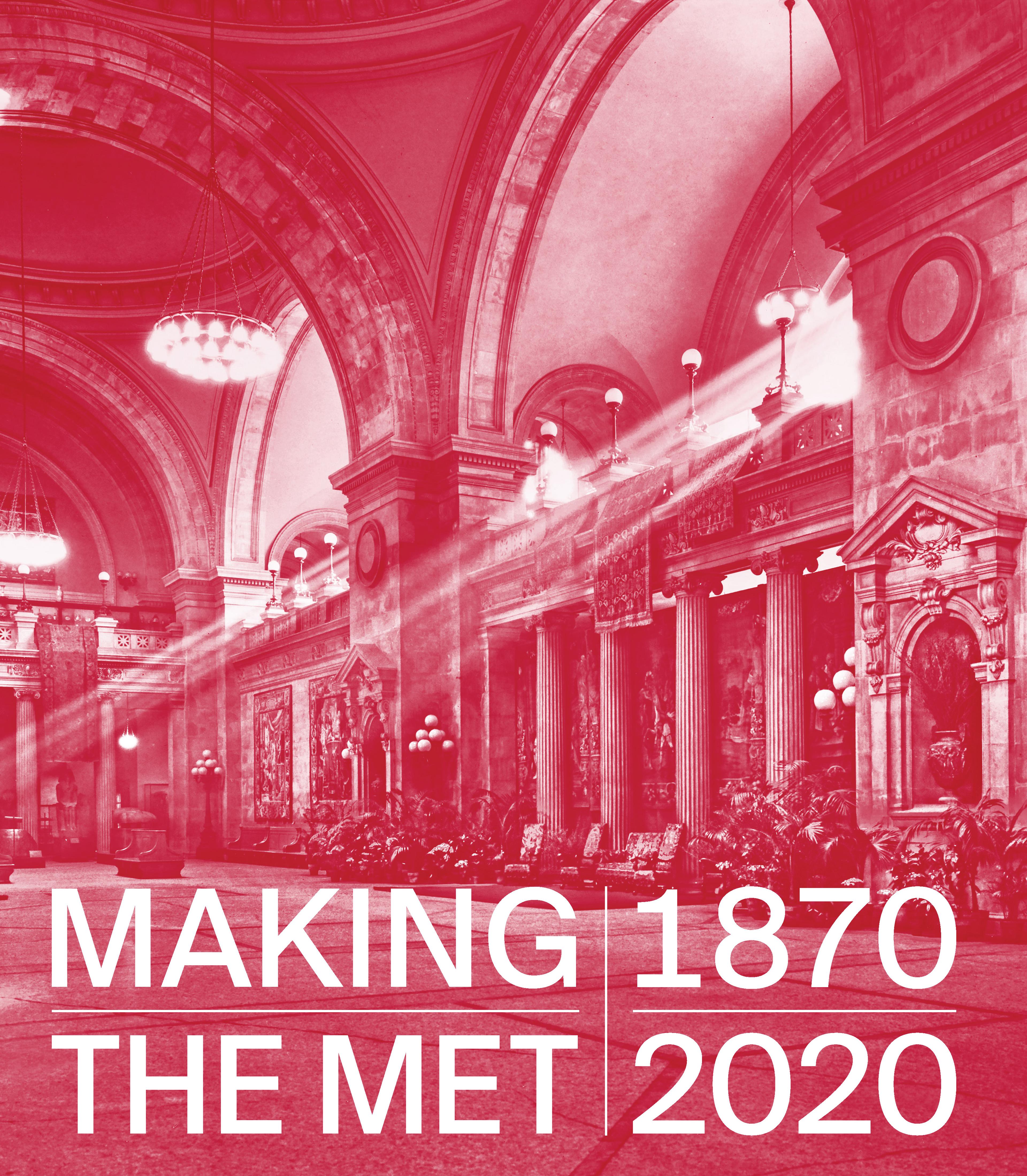"Assad Ibn Kariba Launches a Night Attack on the Camp of Malik Iraj", Folio from a Hamzanama (The Adventures of Hamza)
The Hamzanama relates the story of Hamza, an uncle of the prophet Mohammad and an ardent defender of the Muslim faith. In this scene, Assad ibn Kariba, a supporter of Hamza shown dressed in an orange jama, takes an army of unbelievers (non-Muslims) by surprise in a night attack. In the midst of the chaos, the unbelievers attack and kill one another. The drama-filled story of the Hamzanama was a favorite of the Mughal emperor Akbar, who commissioned this magnificent manuscript in 1562. Composed of 1400 illustrations and bound into several volumes, the work took nearly one hundred artists fifteen years to complete.
Artwork Details
- Title: "Assad Ibn Kariba Launches a Night Attack on the Camp of Malik Iraj", Folio from a Hamzanama (The Adventures of Hamza)
- Artist: Attributed to Basavana
- Artist: Attributed to Shravana
- Artist: Attributed to Tara (Indian, active mid-16th century)
- Date: ca. 1564–69
- Geography: Attributed to India. Found Kashmir
- Medium: Ink, opaque watercolor, and gold on cloth; mounted on paper
- Dimensions: Overall painting: H. 27 in (68.6 cm)
W. 21 1/4 in. (54 cm)
Frame: H. 30 in. (76.2 cm)
W. 37 1/4 in. (94.6 cm)
D. 2 in. (5.1 cm) - Classification: Codices
- Credit Line: Rogers Fund, 1918
- Object Number: 18.44.1
- Curatorial Department: Islamic Art
More Artwork
Research Resources
The Met provides unparalleled resources for research and welcomes an international community of students and scholars. The Met's Open Access API is where creators and researchers can connect to the The Met collection. Open Access data and public domain images are available for unrestricted commercial and noncommercial use without permission or fee.
To request images under copyright and other restrictions, please use this Image Request form.
Feedback
We continue to research and examine historical and cultural context for objects in The Met collection. If you have comments or questions about this object record, please complete and submit this form. The Museum looks forward to receiving your comments.
